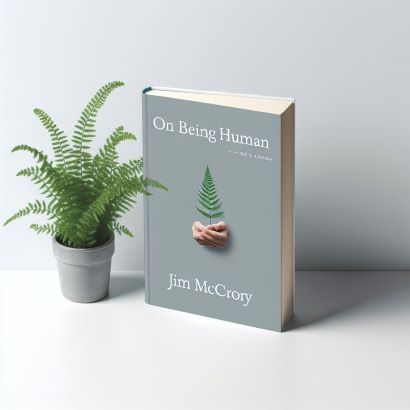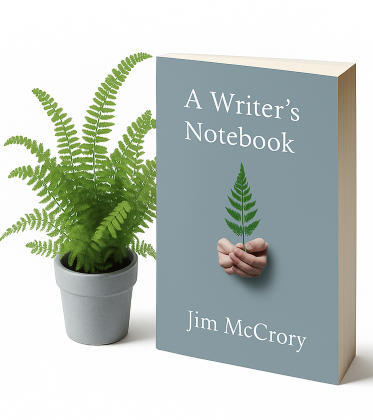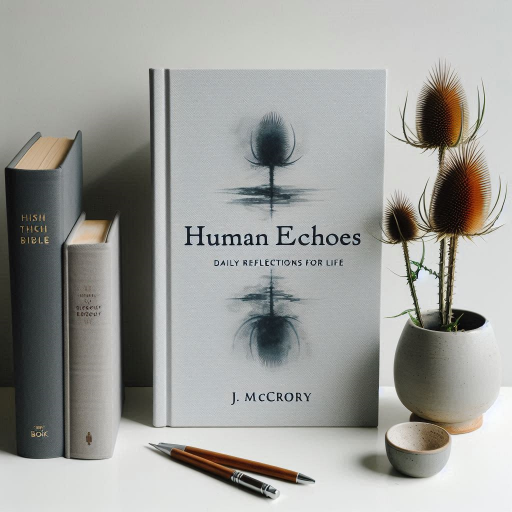
Image kindly provided by https://unsplash.com/@wkwells291
And They All Lived Happily Ever After: The Dénouement
One of the most enduring gifts my father left me before he passed away was the joy of books. Not just the stories themselves, but the happiness and hope they could carry—sometimes when you needed it most.
I grew up in Govan, a shipyard town in Glasgow. I must have been about seven when I wandered into The Modern Book Shop, a quiet little place that sold second-hand books and comics. That day, a book’s cover caught my eye. Something about the image pulled me in. I opened it and read the first lines of the first chapter:
"Now it happened that Mr Cherry, the carpenter, found a piece of wood that laughed and cried like a child."
And just like that, I was in. The story of Pinocchio had begun.
We all know the tale, how a wooden puppet longs to become a real boy. But do you remember how it ends?
After being lied to, tricked, nearly killed, and running from every bit of responsibility, Pinocchio changes. He begins to care. He sacrifices. He works hard. He chooses love and duty over selfishness. And in doing so, he transforms—not just in form, but in spirit. He wakes up human, and the puppet body is left behind, useless now. He says:
"How funny I was when I was a puppet! And how glad I am that I’ve become a real boy!"
It’s the classic “happily ever after.” But it’s more than that.
Every powerful story follows this same shape—the hero’s journey. Something breaks. Things go wrong. The hero struggles, fails, grows. And eventually, there’s a resolution. A turning point. A moment of justice. We need that resolution. Without it, stories feel incomplete—like the soul of the tale was stolen.
Martin Luther King Jr. once said, “The arc of the moral universe is long, but it bends toward justice.” That’s more than a comforting thought. It speaks to something we instinctively understand we live in a moral universe. And our stories—especially the ones that endure—reflect that.
Imagine if the Fairy had turned Pinocchio back into a block of wood. If everything he had learned, all the growth and love and sacrifice, had been erased. We would have closed the book angry. Empty. Betrayed. Because stories aren’t just entertainment. They’re mirrors of something bigger.
Take the Bible, for example. In Genesis, humanity is given a task: to make the earth a paradise. Then, everything breaks. Pain enters. Struggle begins. But it doesn’t end there. Jesus steps in, offering hope, offering restoration. “You will be with me in paradise,” he promises. And in Revelation, that promise comes full circle into the dénouement :
“See, the home of God is with His people.
He will live among them;
They will be His people,
And God Himself will be with them.
He will wipe away every tear from their eyes.
Death will be no more;
Mourning no more, crying no more, pain no more,
For the first things have gone away.”
The Voice Bible
This is the ultimate dénouement. Paradise lost, paradise regained.
So maybe the reason we crave resolution in stories is because, deep down, we’re wired for one ourselves. We believe that wrongs can be righted. That the struggle means something. That even in the darkest chapters, the ending is worth waiting for.
That’s the legacy my father left me. A quiet kind of faith hidden in the pages of a second-hand book.
Scripture taken from The Voice™. Copyright © 2012 by Ecclesia Bible Society. Used by permission. All rights reserved.



















